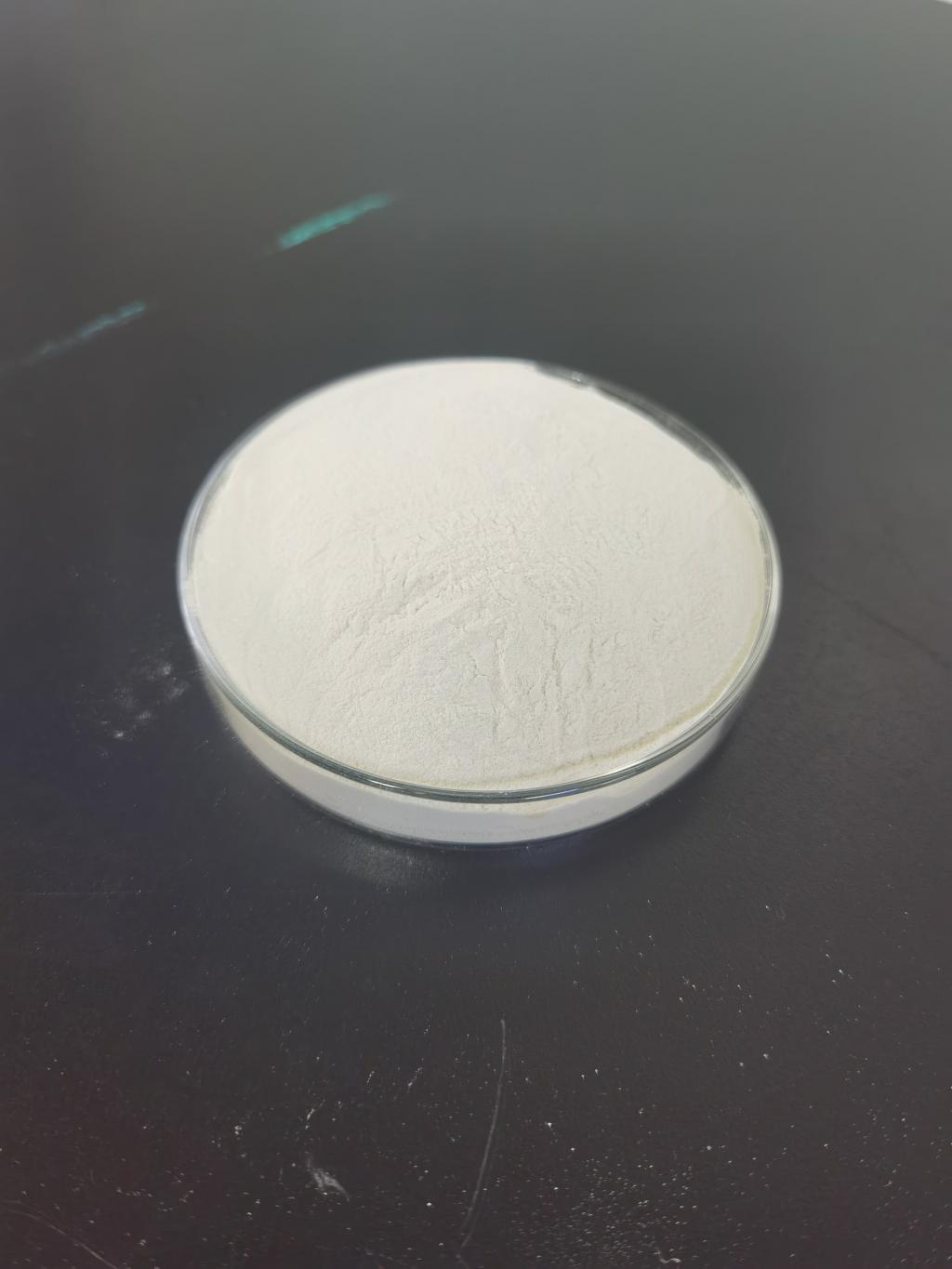Tel:+8618231198596

News
 CONTACT
CONTACT
 CONTACT
CONTACT
- Linkman:Linda Yao
- Tel: +8618231198596
- Email:linda.yao@dcpharma.cn
- Linkman:CHARLES.WANG
- Department:Overseas
- Tel: 0086 0311-85537378 0086 0311-85539701
News
Current Position:
Home >
News
>Can Nisin be used in the preservation of specialty or artisanal food products?
Can Nisin be used in the preservation of specialty or artisanal food products?
TIME:2023-06-16
Understanding Specialty and Artisanal Food Products:
1.1 Definition and Characteristics:
Specialty and artisanal food products are distinguished by their traditional production methods, unique ingredients, and distinct regional or cultural influences. These foods often undergo a slow, careful preparation process, resulting in exceptional taste, texture, and aroma.
1.2 Shelf Life Challenges:
The limited shelf life of specialty and artisanal food products is a concern for producers and consumers alike. The absence of artificial preservatives or additives, combined with the absence of industrial-scale processing, can lead to shorter product stability and increased susceptibility to spoilage.
Nisin as a Natural Antimicrobial Preservative:
2.1 Overview of Nisin:
Nisin is a naturally occurring antimicrobial peptide produced by certain strains of Lactococcus lactis bacteria. It exhibits potent antimicrobial activity against a wide range of Gram-positive bacteria, including foodborne pathogens and spoilage microorganisms.
2.2 Benefits of Nisin for Specialty and Artisanal Foods:
Nisin offers several advantages as a preservative for specialty and artisanal food products:
a) Natural Origin: Nisin is derived from a natural source, aligning with the preference for natural and minimally processed ingredients in specialty foods.
b) Broad-Spectrum Efficacy: Nisin's antimicrobial activity effectively inhibits the growth of bacteria that cause spoilage and foodborne illnesses, thereby extending shelf life.
c) Minimal Impact on Flavor and Quality: Nisin has a minimal impact on taste, aroma, and texture, allowing the unique characteristics of specialty and artisanal foods to be preserved.
d) Lower Heat Treatment Requirements: Nisin's effectiveness allows for reduced reliance on high-temperature processing, minimizing potential negative effects on product quality.
Safety Considerations:
3.1 GRAS Status:
Nisin has been designated as Generally Recognized as Safe (GRAS) by regulatory authorities, including the U.S. Food and Drug Administration (FDA) and the European Food Safety Authority (EFSA). This designation confirms its safety for consumption in prescribed amounts.
3.2 Allergenicity and Sensory Evaluation:
Studies have demonstrated that nisin does not exhibit allergenic properties. Sensory evaluations have also indicated that nisin does not cause significant changes in flavor, aroma, or texture when used within appropriate concentrations.
3.3 Consumer Perception and Labeling:
Transparent communication and clear labeling are crucial when using nisin as a preservative in specialty and artisanal foods. Educating consumers about the purpose and benefits of nisin as a natural preservative can help maintain trust and promote acceptance.
Application and Challenges:
4.1 Application Methods:
Nisin can be applied to specialty and artisanal foods through different methods, including direct addition, surface application, and incorporation into packaging materials. The selection of the most suitable method depends on the specific food product, processing constraints, and desired preservation outcomes.
4.2 Compatibility with Traditional Production Methods:
Maintaining the authenticity and traditional production methods of specialty and artisanal foods is paramount. The integration of nisin into preservation strategies should be compatible with these methods, ensuring that the unique characteristics and cultural value of the food products are preserved.
4.3 Cost and Regulatory Considerations:
While nisin offers potential benefits, cost-effectiveness and regulatory compliance should be taken into account. The cost of incorporating nisin as a preservative should be balanced against the benefits of extended shelf life and reduced product losses. Compliance with regional and national regulations related to food additives is also crucial.
Conclusion:
Nisin holds significant potential as a natural preservative for specialty and artisanal food products. Its broad-spectrum antimicrobial activity, minimal impact on flavor and quality, and alignment with the values of natural and traditional food production make it an attractive option. However, careful consideration should be given to application methods, cost-effectiveness, regulatory compliance, and maintaining the authenticity of specialty and artisanal foods. By integrating nisin into preservation strategies, producers can extend the shelf life of these unique products while preserving their distinct characteristics and cultural value.
- Tel:+8618231198596
- Whatsapp:18231198596
- Chat With Skype







